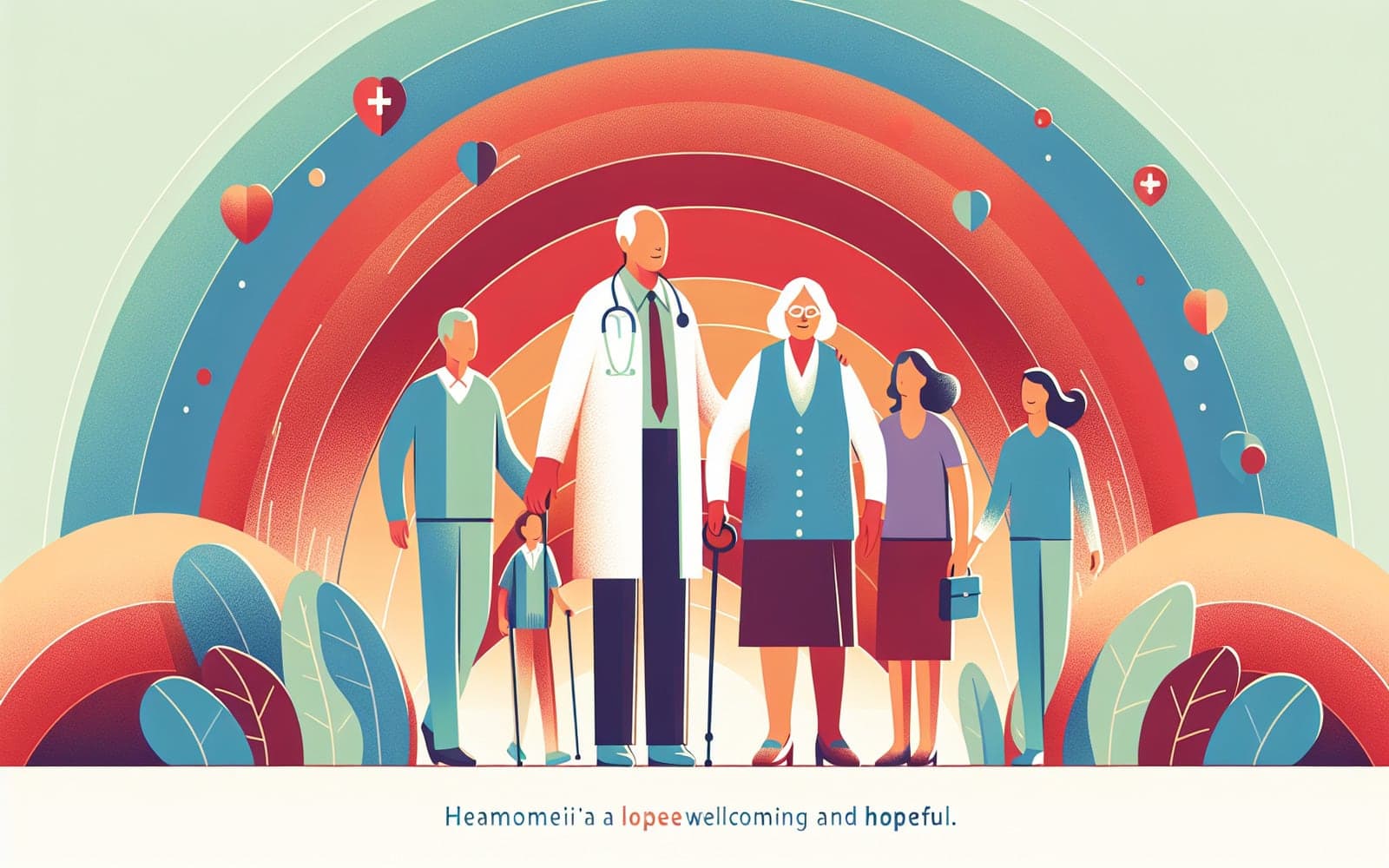The Aging Hemophilia Population: What New Research Reveals
Published: Dec 05, 2023

Medically reviewed by Benjamin Seth Martinez | MD, Statpearls - Director of Clinical Content on December 5th, 2023.
Hemophilia patients are living longer than ever before. This new longevity is bringing unexpected challenges and sparking new areas of research. Let's dive into what scientists are discovering about aging with hemophilia.
Contents
Quality of Life Under the Microscope
Recent studies are focusing on quality of life for older hemophilia patients. Researchers are looking at everything from joint health to mental wellbeing. One large study, the HERO project, found that many patients struggle with chronic pain and depression. It's like peeling back the layers of an onion, revealing the complex challenges these patients face.
The Cancer Connection
As hemophilia patients age, they're facing an increased risk of certain cancers. A 2012 study found that liver cancer and lymphoma were particularly common, often linked to hepatitis C and HIV infections from earlier treatments. Scientists are now working to understand these risks better and develop screening guidelines. It's a race against time to protect this vulnerable population.

New Treatments on the Horizon
Exciting research is underway on new treatments for hemophilia. Gene therapy trials are showing promise, potentially offering a one-time treatment that could cure the disease. Other studies are looking at ways to make current treatments more effective and longer-lasting. It's like scientists are trying to build a better parachute while the plane is already in the air.
Frequently Asked Questions
In developed countries, it's approaching that of the general population.
Research is ongoing, but liver cancer screening is often recommended.
Gene therapy trials are promising, but more research is needed.
Key Takeaways
As research continues, the future for aging hemophilia patients looks brighter, but challenges remain.
Interested in participating in hemophilia research? Ask Doctronic, the AI doctor, about clinical trials you might be eligible for.Related Articles
References
Tagliaferri A, et al. J Thromb Haemost. 2012;10:90-95.
Plug I, et al. Blood. 2008;111:1811-1819.
This article has been reviewed for accuracy by one of the licensed medical doctors working for Doctronic. Always discuss health information with your healthcare provider.

